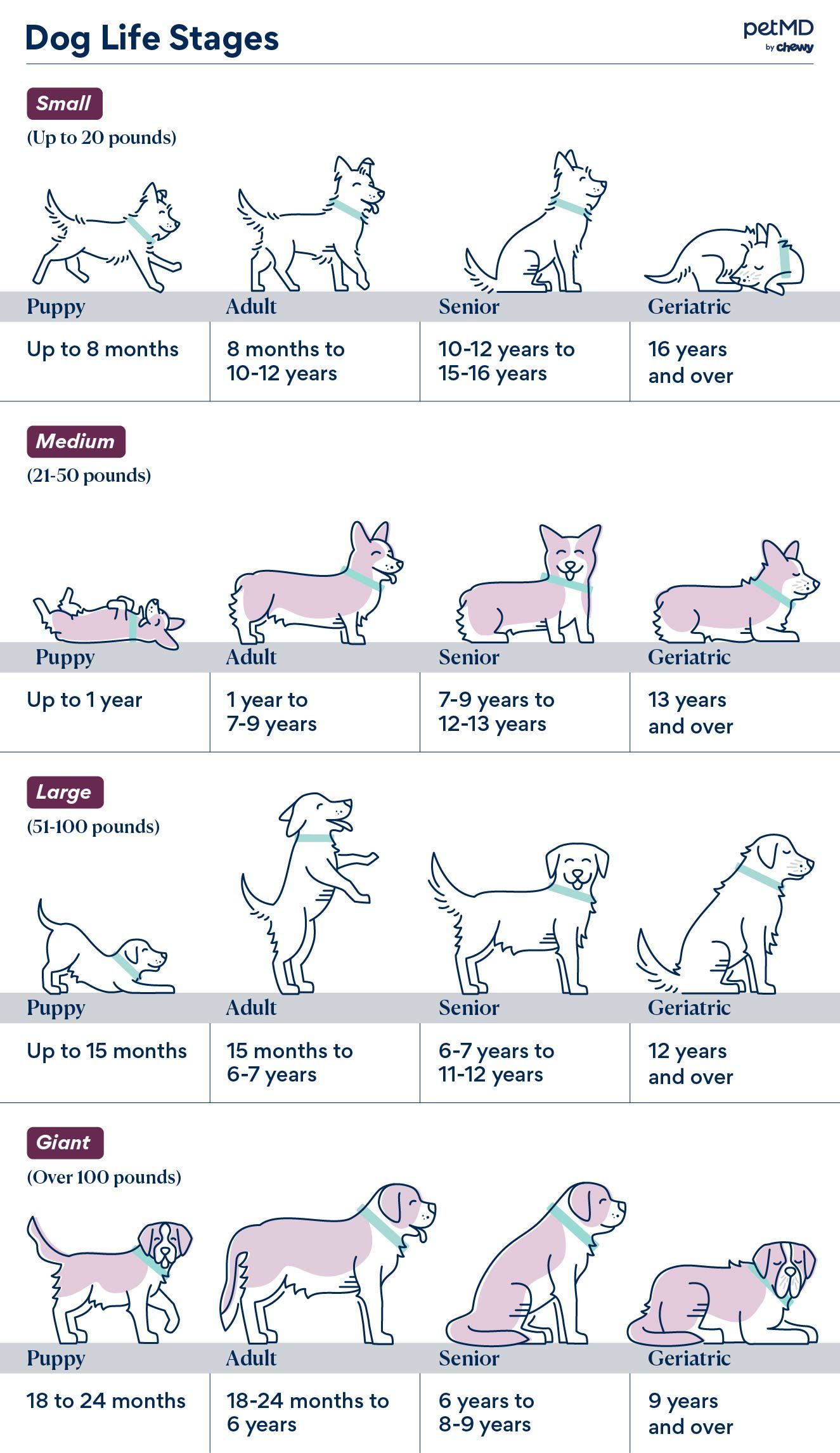The Importance of Nutrition for Senior Dogs
Nutrition plays a significant role in the health and well-being of dogs at all life stages, particularly as they transition into their senior years. While many dog owners wonder whether their aging pet requires a diet change, it’s essential to understand the specific nutritional needs that can support health maintenance, disease prevention, and effective management of existing conditions.
Do Senior Dogs Need Specialized Diets?
The decision to transition to a senior dog food should be based on multiple factors, including your dog’s health status and lifestyle. Consult with your veterinarian for personalized recommendations. The primary goals for feeding a senior dog include:
- Preventing or managing diseases
- Enhancing their longevity
If your senior dog has been diagnosed with a diet-sensitive condition, it may be time to consider switching to a specialized diet that addresses their unique health needs.
Key Differences in Senior Dog Food
Senior dog foods are formulated differently compared to adult or all-life-stages dog foods. While their protein content may range from 18-23%, similar to adult dog food, other nutrients like sodium and phosphorus often vary significantly.
Senior dog foods may also contain additional ingredients designed to manage specific health issues, so it’s crucial to carefully read food labels and consult your vet to ensure you are meeting your dog’s dietary requirements.
Conditions Addressed by Senior Dog Food
Many age-related conditions can be influenced or managed through proper nutrition, including:
- Dental disease
- Obesity
- Cognitive dysfunction (dementia)
- Kidney disease
- Arthritis
- Skin diseases
- Certain cancers
Nutritional adjustments can sometimes slow disease progression or alleviate symptoms. For example, senior diets may include dental-specific kibble sizes to combat plaque buildup, while dogs with arthritis might benefit from added glucosamine and omega-3 fatty acids.
When Should You Switch to Senior Dog Food?
Generally, dogs are considered “seniors” when they reach 6 to 8 years of age, depending on their breed and size. Nevertheless, individual health and aging processes can vary. It’s advisable to consult with your veterinarian to ascertain the optimal time for a dietary transition.

Choosing the Right Senior Dog Food
Before introducing new food to your senior dog’s diet, it’s crucial to involve your veterinarian. Here are some tips for choosing the best senior dog food:
Start with Their Current Brand
If your dog is ready for a senior diet, begin by selecting the senior version of their current food brand. This minimizes the risk of digestive upset during the transition.
Select Foods with Similar Ingredients
If a senior version isn’t available, look for similar nutrient profiles in other senior dog foods. Your veterinarian may recommend specific formulations based on your dog’s needs.
Consider Breed and Size-Specific Formulations
Many manufacturers offer breed- or size-specific formulations designed to cater to the unique dietary requirements of different dogs.
Follow Medical Advice for Special Needs
For dogs with specific health conditions, your vet may suggest a therapeutic or prescription diet that may not carry the label of “senior” but is effective in managing disease conditions.
Gradual Transition to New Food
Make dietary changes slowly over 7 to 10 days to allow your dog’s digestive system to adjust. If any adverse reactions occur, consult your veterinarian promptly.
Consult with Your Veterinarian Regularly
The diversity of senior dog food options can be overwhelming, underscoring the importance of choosing a diet suited to your dog’s unique health status and lifestyle. Your veterinarian plays an essential role in guiding these dietary decisions.
Featured Image: iStock.com/Atlantagreg











